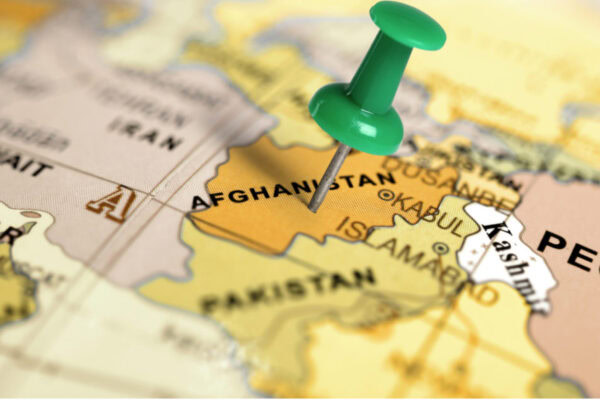In a meeting of the Political Commission of the Prime Minister’s Office, chaired by Mawlawi Abdul Kabir, the Political Deputy Prime Minister, discussions were held on recent developments in Syria and the Middle East, as well as the expansion of relations between the Islamic Emirate and neighboring and regional countries.
Hamdullah Fitrat, Deputy Spokesperson of the Islamic Emirate, stated that the Political Commission meeting also emphasized better governance, increased coordination between the people and the system, and progress in political, security, and economic fields in Afghanistan.
The Deputy Spokesperson of the Islamic Emirate said about the meeting: “Discussions were held on political, security, and economic progress in the country, as well as on the assigned topics. The Political Commission meeting also focused on better governance and increasing coordination between the people and the system.”
But what approach should the Islamic Emirate take to expand and develop relations with regional and global countries?
“Regional dialogue with neighboring and distant countries forms one of the foundations of diplomacy. It is better to resolve transnational challenges or border issues, which exist in various forms, through dialogue. As observed, the Islamic Emirate’s diplomatic apparatus has been active and has undertaken efforts to build trust among regional countries,” said Sayed Muqaddam Amin, a political affairs expert.
“If the Islamic Emirate can bring a series of reforms to its institutions and address issues such as women’s rights, education, and other matters in line with the world’s demands—which are also legitimate demands of the Afghan people—then the Afghan people will be pleased,” said Aziz Maarej, a former diplomat.
Although some countries, including Russia, Uzbekistan, China, Turkey, and Iran, have established relations with the Islamic Emirate over the past three years and delegations from various nations have occasionally visited Kabul, no country has yet recognized the Islamic Emirate officially.

